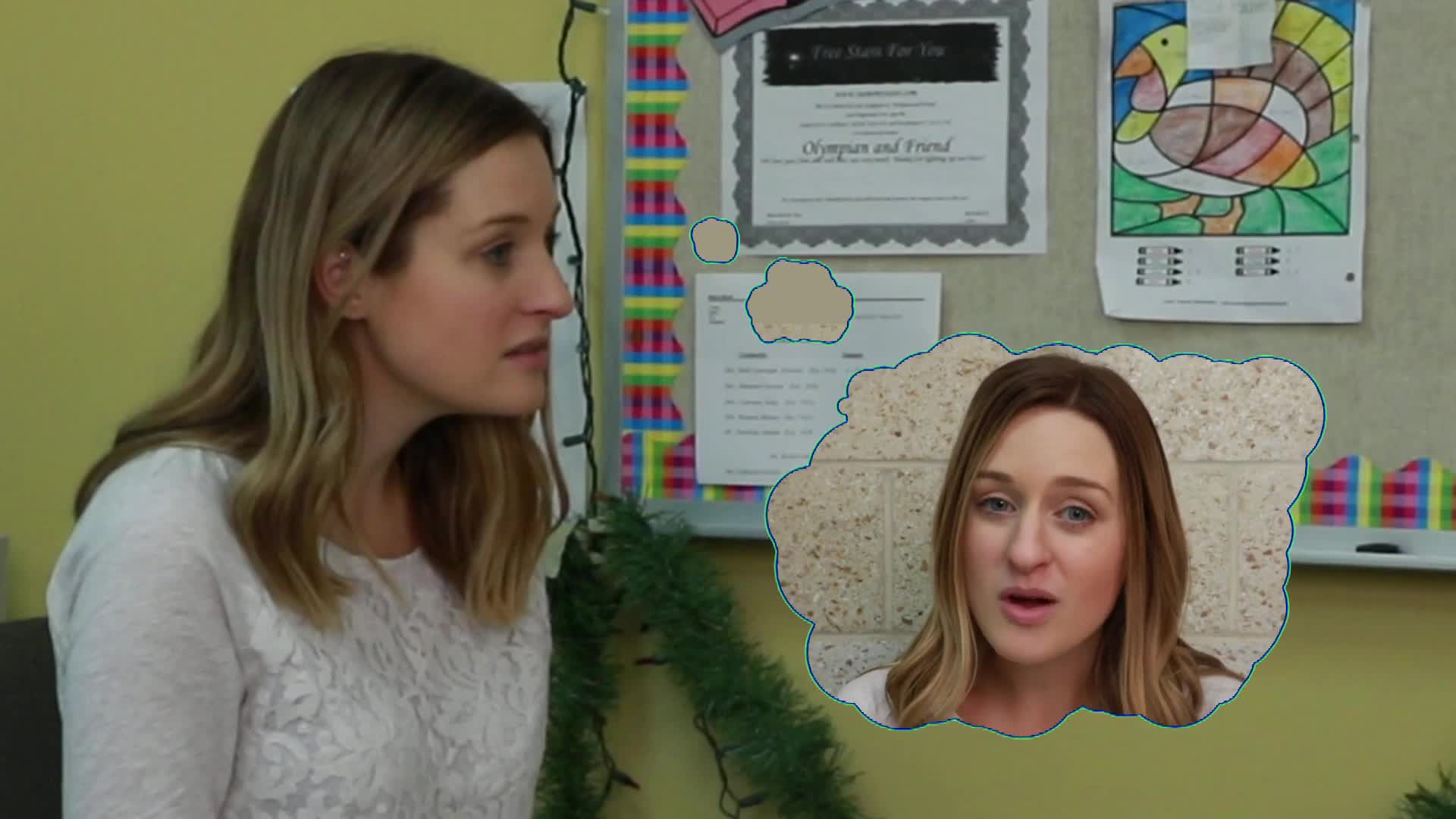
Introduction
At times, people may criticize the way we do something in order to help us improve. While it can initially feel uncomfortable, accepting criticism constructively is an essential skill for students to develop. This blog post will discuss a no-prep activity for educators working with middle school students to help them learn how to accept criticism constructively, as well as discussion questions and related skills.
No-Prep Activity: The Criticism Sandwich
This activity requires no preparation or materials from the educator and is designed to help students learn how to accept criticism constructively. The activity is called “The Criticism Sandwich.”
- Ask students to pair up and choose a topic they both have experience with, such as a recent school project or sports game.
- One student will provide constructive criticism to their partner about the chosen topic. The criticism should be presented in a “sandwich” format: a positive statement, followed by the criticism, and then another positive statement. This format helps to soften the impact of the criticism and make it easier for the recipient to accept.
- After the first student has given their criticism sandwich, the other student should practice accepting the criticism constructively. They can do this by thanking their partner for the feedback, acknowledging the area for improvement, and discussing how they plan to address it.
- Students should then switch roles and repeat the process.
Discussion Questions
These questions can help stimulate further discussion about accepting criticism constructively:
- Why is it important to accept criticism constructively, even if it initially feels uncomfortable?
- How can we differentiate between helpful criticism and unhelpful criticism? What are some examples of each?
- What strategies can we use to help ourselves accept criticism more easily?
- How can we ensure that we provide criticism to others in a constructive and helpful manner?
- Can you think of a time when someone’s criticism helped you improve? How did you feel, and what did you learn from the experience?
Related Skills
Accepting criticism constructively is just one of many important social-emotional learning skills for students. Other related skills include:
- Effective communication: Learning to express thoughts and feelings clearly and respectfully is essential for healthy relationships and personal growth.
- Active listening: Being able to listen attentively and understand another person’s perspective is a crucial component of accepting criticism and fostering empathy.
- Self-awareness: Understanding one’s own strengths and areas for improvement can help students become more receptive to constructive criticism.
- Problem-solving: Developing the ability to analyze situations and find solutions is an important skill that can be enhanced through accepting and applying constructive criticism.
Next Steps
Helping middle school students accept criticism constructively is an essential component of their social-emotional learning journey. To further explore this skill and others, we encourage you to sign up for free samples of the discussed skill and other resources at Everyday Speech. These materials will provide additional tools and guidance to support your students’ growth and development.

